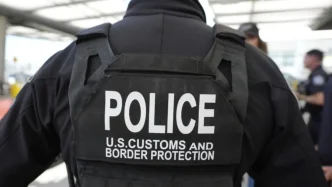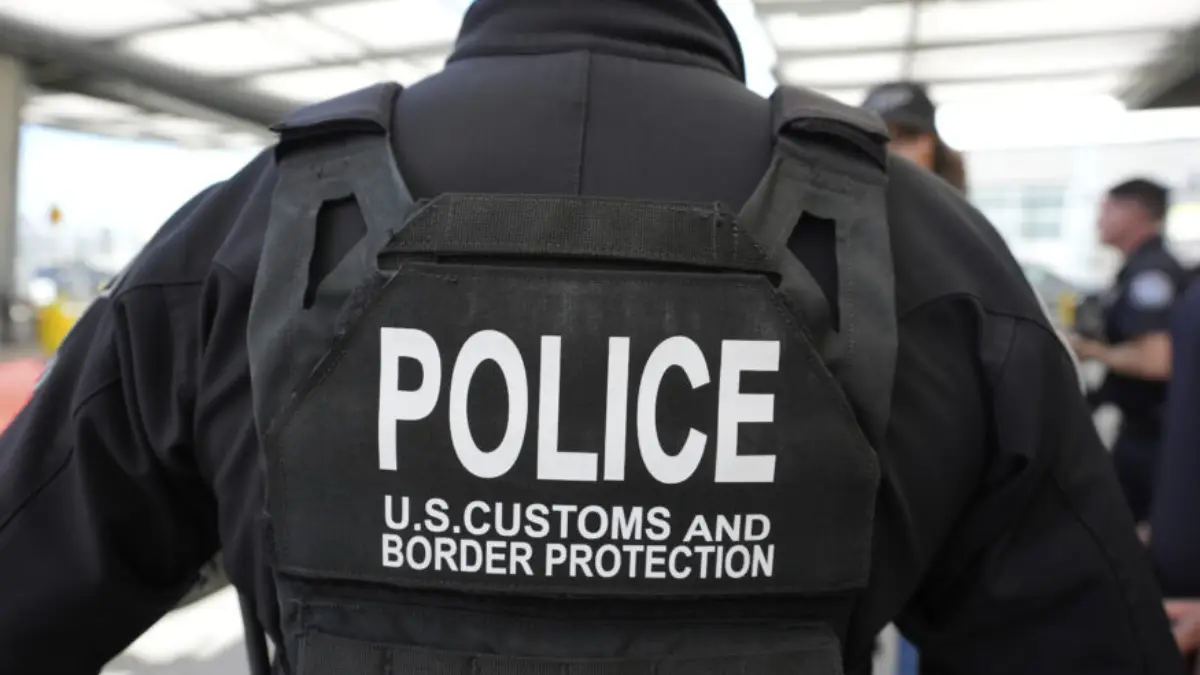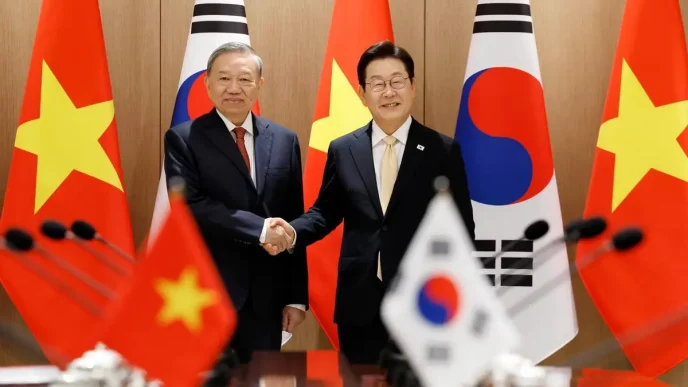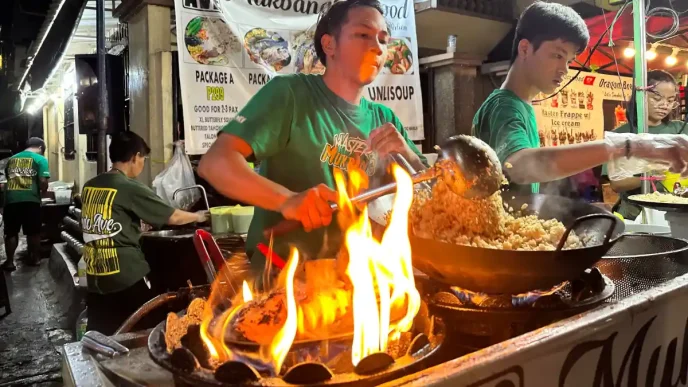In a series of unfolding cases across the United States, Filipino immigrants are grappling with the harsh realities of deportation, detention, and the complex legal landscape of immigration enforcement. From criminal convictions leading to removal proceedings to prolonged detentions of lawful permanent residents, these incidents have sparked concern among Filipino communities and drawn scrutiny from lawmakers and advocates alike. As the debate over immigration policy intensifies, questions of due process and human rights remain at the forefront.
Deportation Looms for Convicted Filipinos
Three Filipino nationals with criminal convictions in the United States are currently facing deportation, with Philippine consulates in New York and San Francisco closely monitoring their situations. These individuals, detained by Immigration and Customs Enforcement (ICE), include a 29-year-old Massachusetts resident previously convicted of rape, another charged with terrorism-related offenses in Philadelphia, and a third held at the Denver Contract Detention Facility. Their cases highlight the precarious status of immigrants with criminal records, even after serving their sentences.
Rovald Valdez, an Assistance to Nationals (ATN) officer with the Philippine Consulate in New York, confirmed the consulate’s active involvement. He noted that the detained individuals are processed for removal due to their prior convictions, emphasizing that regular contact is maintained with detention centers to ensure their welfare during this period. While specific details about the cases remain limited, the consulate’s role underscores the importance of diplomatic support for Filipinos navigating the US immigration system.
In a separate high-profile incident, Mark Lorenzo Villanueva, a 28-year-old Filipino green-card holder based in Los Angeles, was arrested by the FBI for allegedly sending money to individuals identifying as ISIS fighters abroad. This case has further heightened concerns within the Filipino American community about the broad scope of enforcement actions and their impact on immigrants’ lives.
Detention Practices Under Fire
Beyond deportation cases, the treatment of Filipino immigrants in detention has come under intense scrutiny. Lawmakers, including Rep. Grace Meng (D-N.Y.), chair of the Congressional Asian Pacific American Caucus, have demanded accountability from the Department of Homeland Security regarding the detention of Asian and Asian American lawful permanent residents and US citizens by ICE and Customs and Border Protection (CBP). Meng and her colleagues have pointed to reports of students and green-card holders being held for weeks without access to legal representation, describing the conditions as deeply troubling.
Specific cases cited by lawmakers include those of Filipino green-card holders Lewelyn Dixon and Maximo “Kuya Max” Londonio, who endured months of detention following an overseas family trip. These incidents, alongside others involving immigrants from different backgrounds, such as Tae Heung Kim—a lawful permanent resident detained at a US airport for nearly a week without counsel—have fueled arguments that current practices violate fundamental due process protections under the US Constitution. Immigrant rights advocates argue that such detentions challenge the very principles of fairness and justice that the system is meant to uphold.
Self-Deportation: A Controversial Option
Amidst these enforcement actions, Philippine Ambassador Jose Manuel Romualdez has publicly encouraged undocumented Filipinos in the US to consider self-deportation, suggesting that voluntary departure might preserve their future eligibility to return. While not a formal legal term, self-deportation refers to leaving the US at any stage of the immigration process without formal removal proceedings. Romualdez has highlighted the stark contrast between voluntary departure and forced deportation, warning that formal deportation often results in permanent bans on reentry.
However, immigration attorneys and advocates have pushed back against this advice, cautioning that self-deportation carries significant legal consequences. Filipino American immigration lawyer Flomy Diza, based in San Francisco with Reeves & Associates, has urged individuals to seek personalized legal counsel before making such a decision. In a statement, Diza warned that programs like Project Homecoming, which reportedly offers government-arranged flights and a financial incentive of approximately US$1,000 through the CBP Home app, can trigger long-term bars to reentry. For instance, individuals with unlawful presence of more than 180 days but less than a year face a three-year bar upon departure, while those present for a year or more could be barred for a decade.
Diza stressed the importance of maintaining detailed records of departure—such as passport stamps, boarding passes, and travel receipts—to avoid being misclassified as formally deported. The timing and manner of leaving the US, Diza noted, can significantly impact future eligibility for visas or waivers. This perspective underscores the need for tailored legal advice to navigate the potential pitfalls of voluntary departure.
Legal Experts Warn Against Fear-Driven Decisions
The complexity of self-deportation is further emphasized by other Filipino American legal experts, including Ron Falconi, the Republican mayor of Brunswick, Ohio, and one of the few elected Filipino officials in the Midwest. Falconi has cautioned against making irreversible decisions based on fear, particularly in the context of heightened rhetoric around immigration enforcement. He pointed out that not all immigrants are at immediate risk of deportation, and fear—often amplified by political discourse and media coverage—can lead to hasty choices with long-lasting consequences.
Falconi’s advice to the community is clear: consult an experienced immigration attorney before considering self-deportation. Such legal guidance can uncover potential forms of relief, assess the full impact on one’s status and family, and provide clarity on the risks involved. He emphasized that fear should not dictate life-altering decisions, advocating instead for decisions grounded in facts and sound legal planning.
Broader Implications for Immigrant Communities
The challenges faced by Filipino immigrants in the US are emblematic of broader issues within the immigration system, where enforcement actions often intersect with questions of human rights and legal protections. The cases of detention and deportation highlight the vulnerabilities of immigrant communities, particularly those navigating complex legal statuses or past criminal records. For many, the fear of separation from family, loss of livelihoods, and permanent exclusion from the US looms large.
Advocates continue to call for reforms to address what they see as systemic issues in detention practices and deportation policies. The prolonged detention of lawful permanent residents without access to counsel, as seen in cases like those of Dixon and Londonio, raises critical questions about the balance between national security and individual rights. Meanwhile, the push for self-deportation as a solution remains contentious, with legal experts warning of its long-term consequences for individuals and their families.
A Community on Edge
As these cases unfold, the Filipino American community remains on edge, caught between the immediate risks of enforcement and the uncertain promise of future reentry. The stories of detained green-card holders and those facing deportation serve as stark reminders of the high stakes involved in the US immigration system. For many, the decision to stay and fight for legal status or to leave voluntarily is fraught with complexity, requiring careful consideration of both immediate and long-term impacts.
Lawmakers like Rep. Meng continue to press for transparency and accountability, while diplomats and community leaders strive to provide support and guidance. Yet, the path forward remains unclear, with the potential for policy shifts and legal challenges on the horizon. As these debates evolve, the experiences of Filipino immigrants will likely remain a focal point in the broader struggle for fair and humane immigration policies in the United States.















